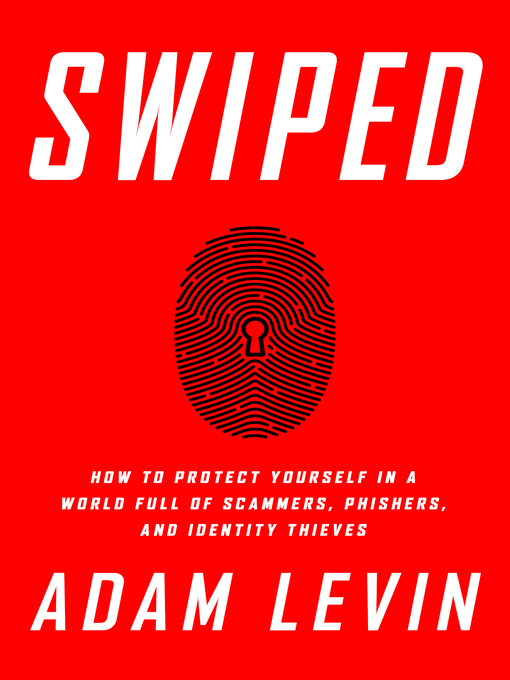- Read-Along eBooks for Children
- Get Hooked on a Series- eBook
- Winter Reading
- eBook Shorts: Your Favorite Stories, but Shorter
- Percy Jackson Collection
- Graphic Novels & Comics
- Romance in the Middle, Ages That Is
- Living on the Edge
- Is It True Dukes Have More Fun?
- Danielle Steel eBooks
- True Stories of World War II
- Biographies of Early Americans - eBooks
- Shifting Sands
- See all ebooks collections
- Read by the Author
- Short Stories for Short Commutes
- Have You Listened to the Most Popular Titles in the Collection?
- Winter Listening
- Percy Jackson Collection
- Animals on Audiobooks
- Audiobooks the Whole Family Will Enjoy...
- Audie Award Winners
- Oldies But Goodies
- Get Hooked on a Series- Audio
- Audiobooks You Might Have Missed
- Listen and Learn
- Listen & Learn: Science Nonfiction
- See all audiobooks collections
- 2024-2025 Great Stone Face Short List
- 2021 Library Reads
- 2022-2023 Great Stone Face Short List
- 2022-2023 Isinglass Award Short List
- 2022-2023 Flume Award Short List
- 2018-2022 Ladybug Award Nominees
- Romance Award Winners
- 2020 Library Reads
- Edgar Award Winners
- 2019 Library Reads
- Sci-Fi and Fantasy Award Winners
- 2018 Library Reads
- Book Shimmy Awards
- See all award winners collections
- Travel Magazines
- News Magazines
- Heath & Fitness Magazines
- Gardening and Outdoor Living Magazines
- Popular Magazines
- House and Home Magazines
- Tech and Gaming Picks
- Magazines for History Lovers
- Crafts & Hobbies Magazines
- Food & Wine Magazines
- Delving Into Your Devices
- Magazines for Science Enthusiasts
- Hobby magazines
- See all magazines collections


